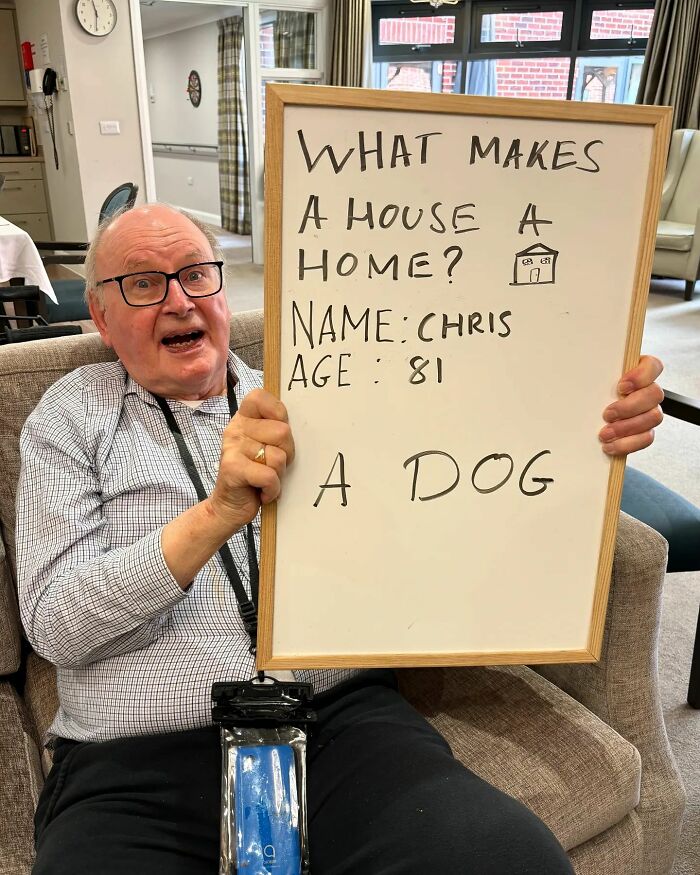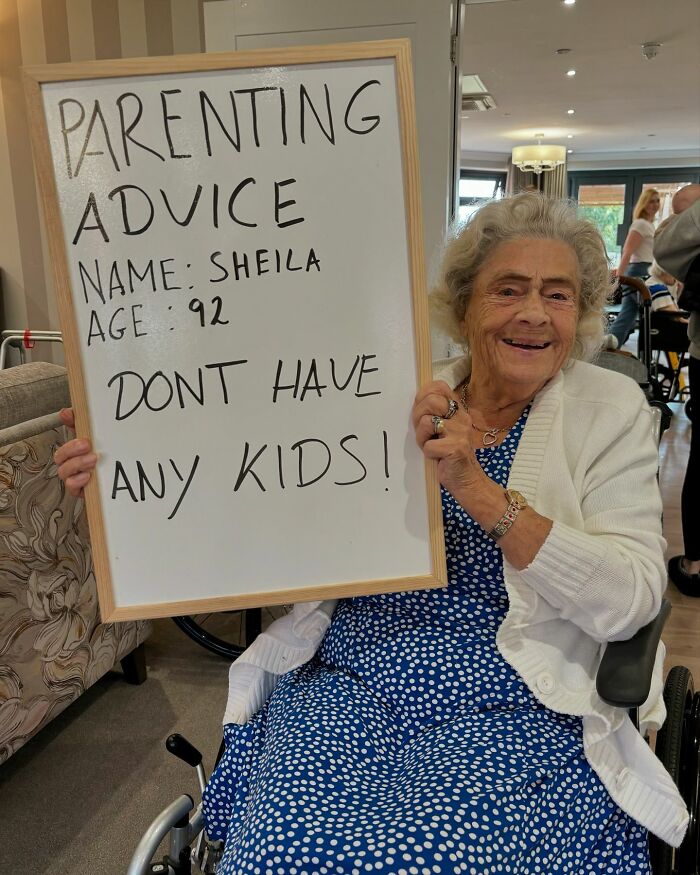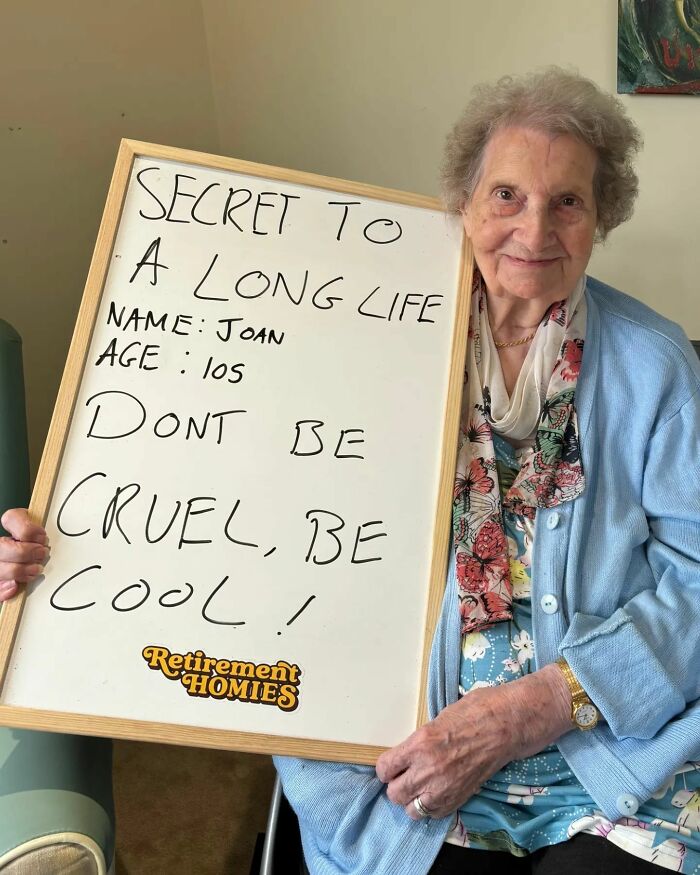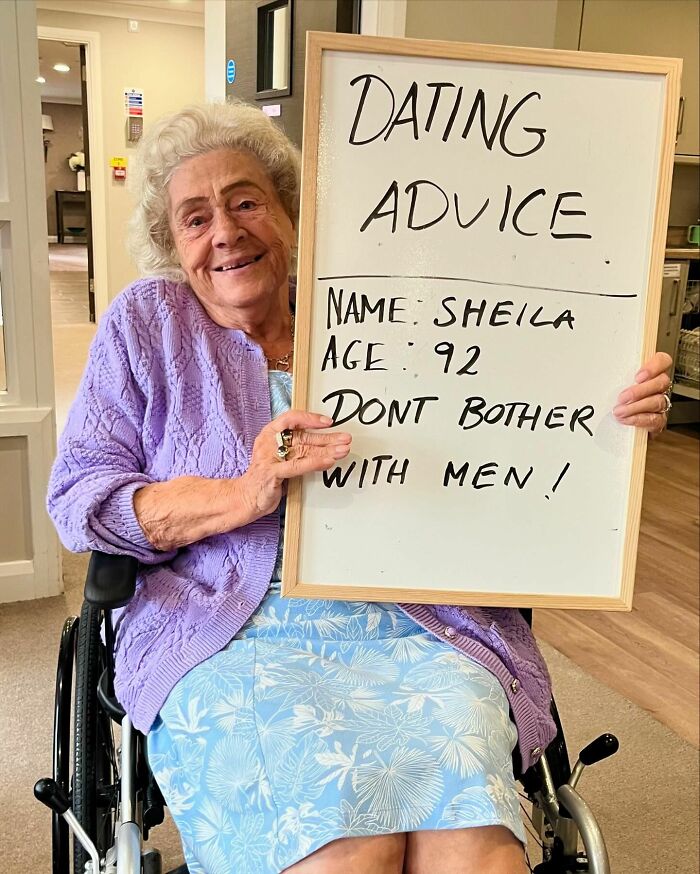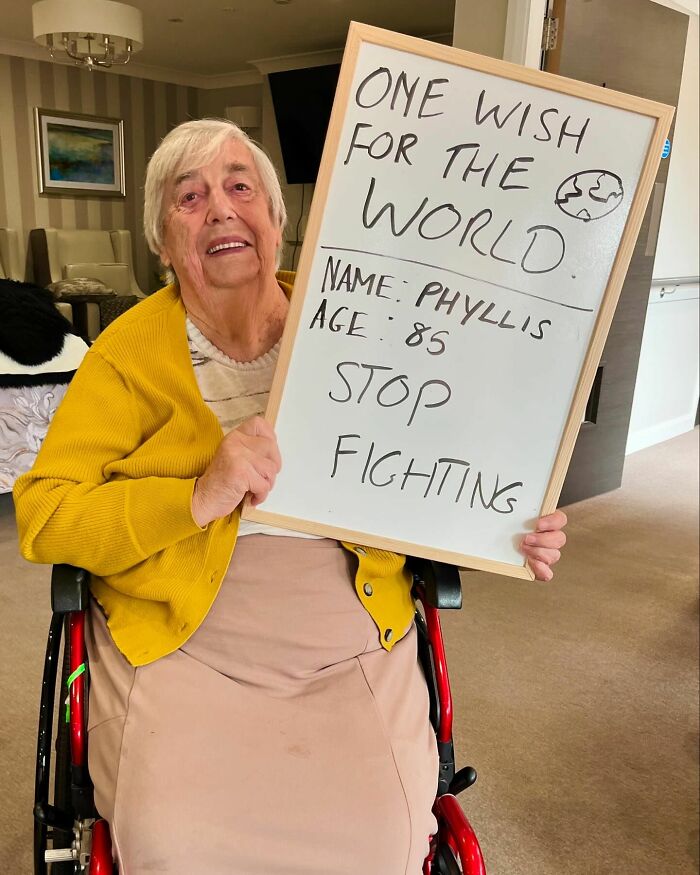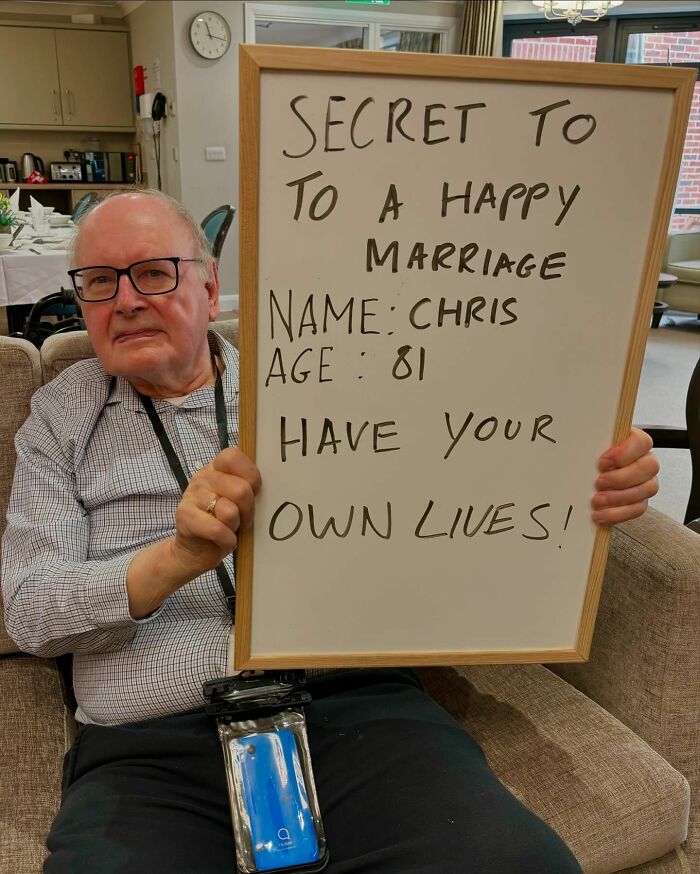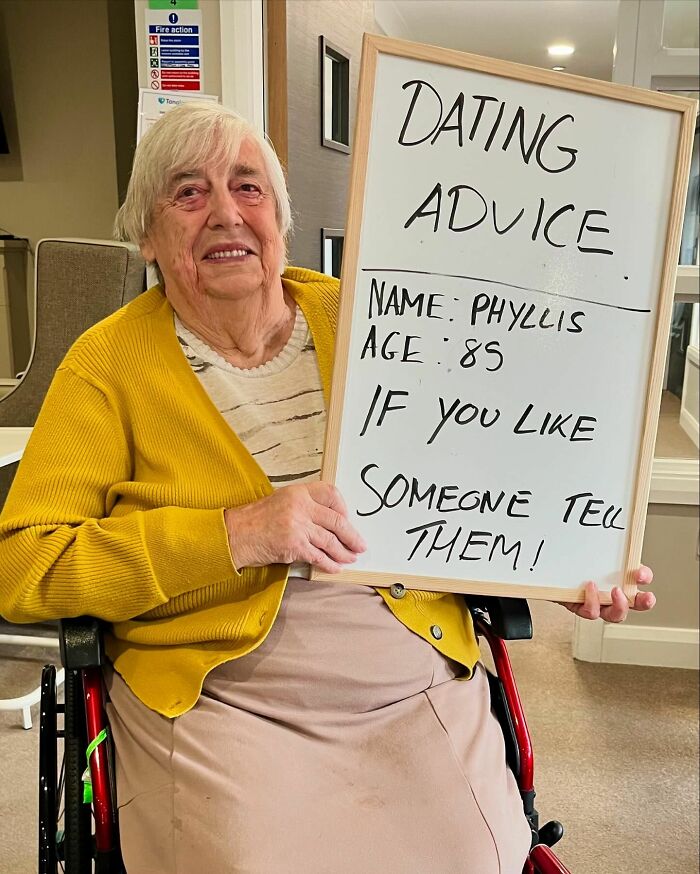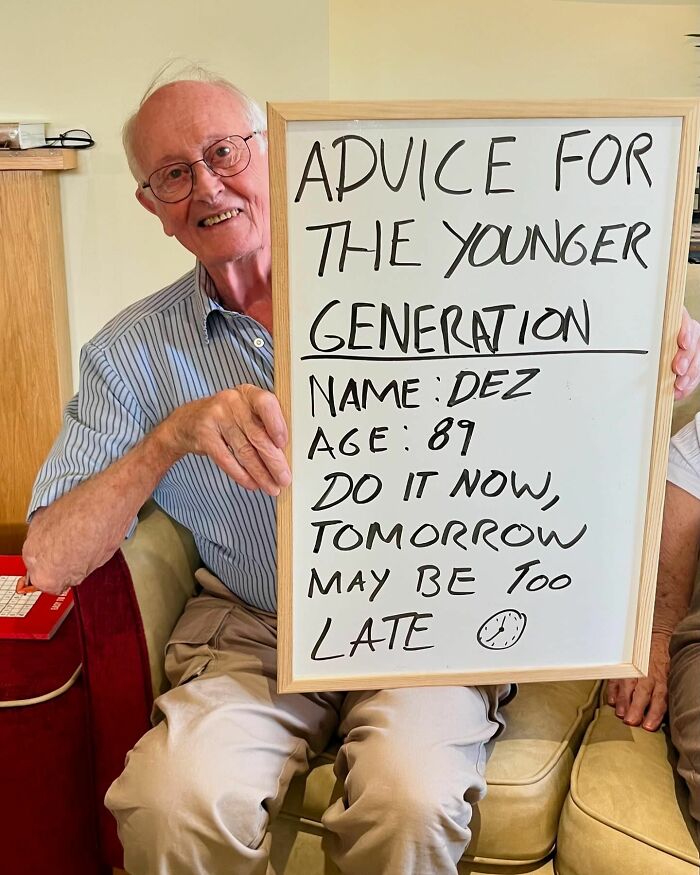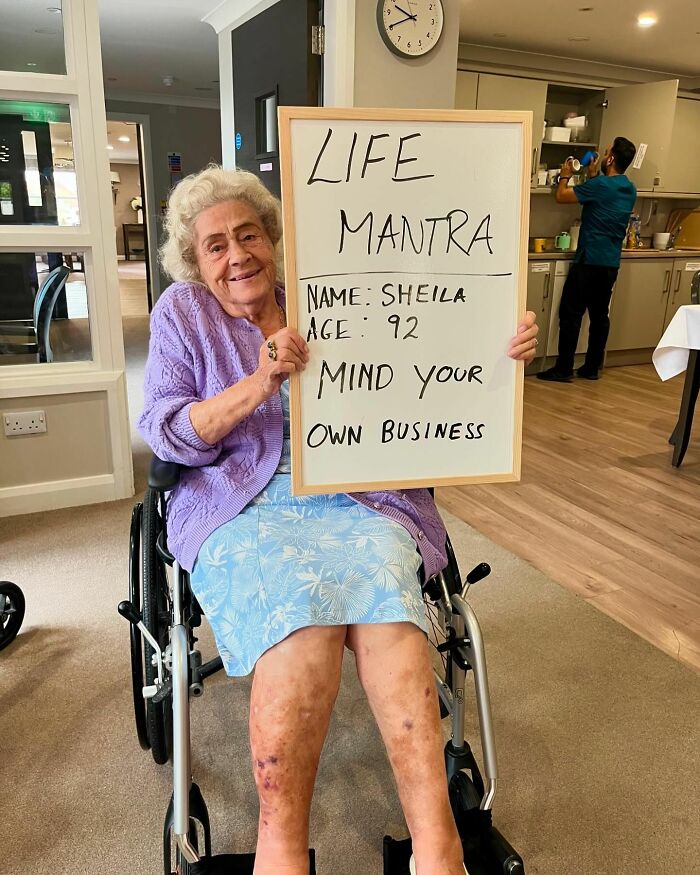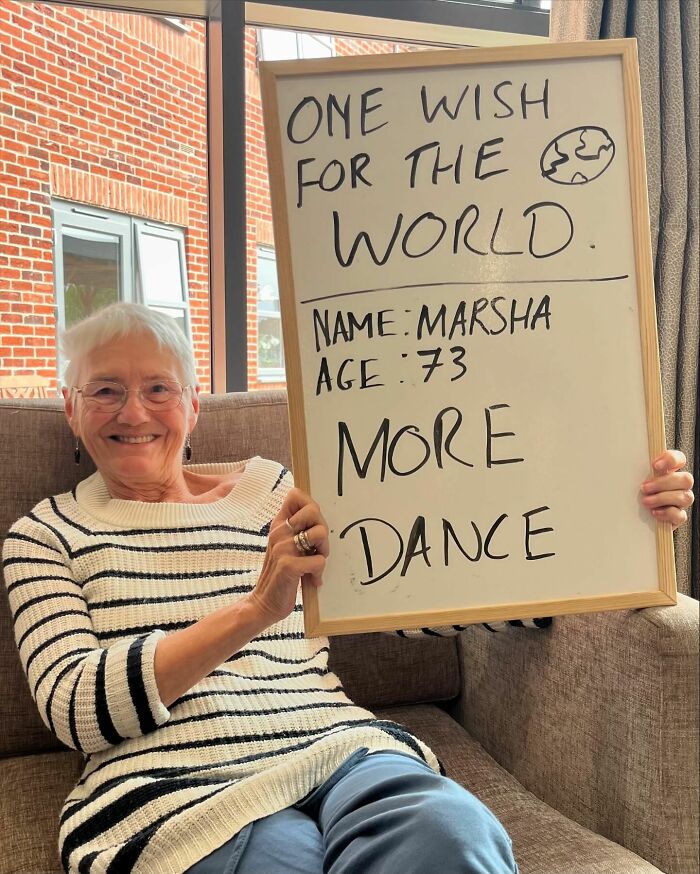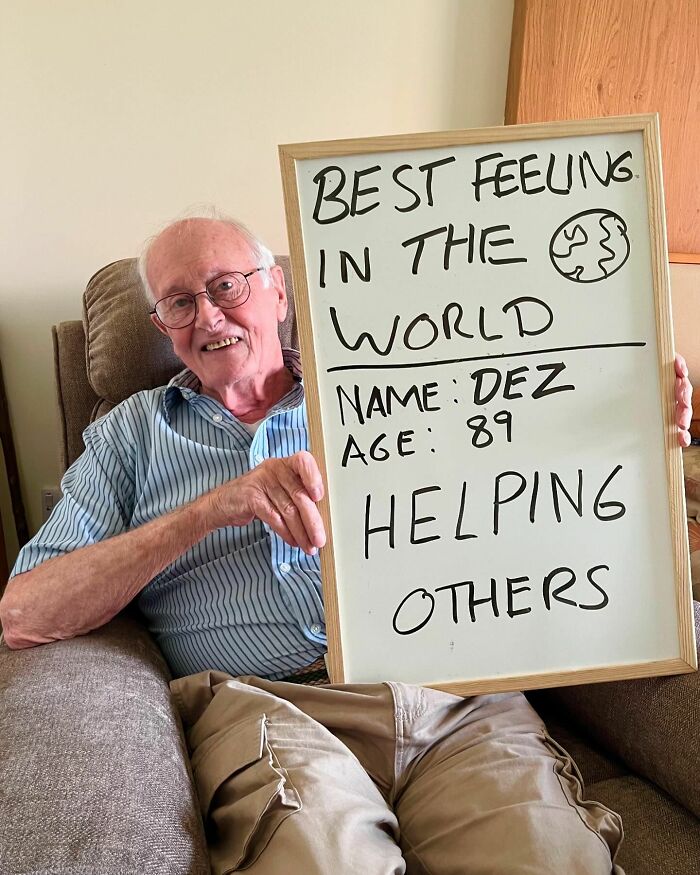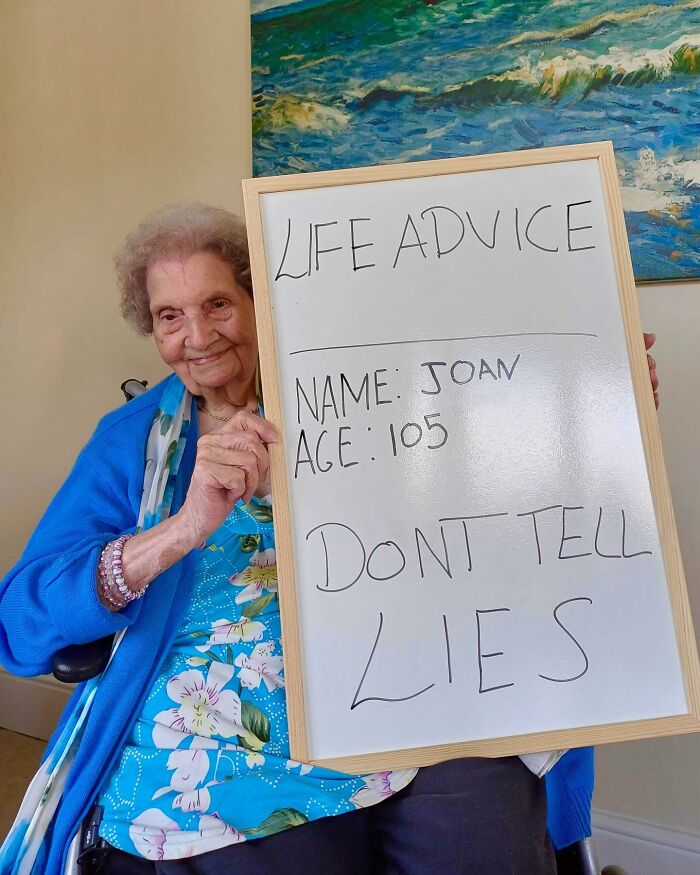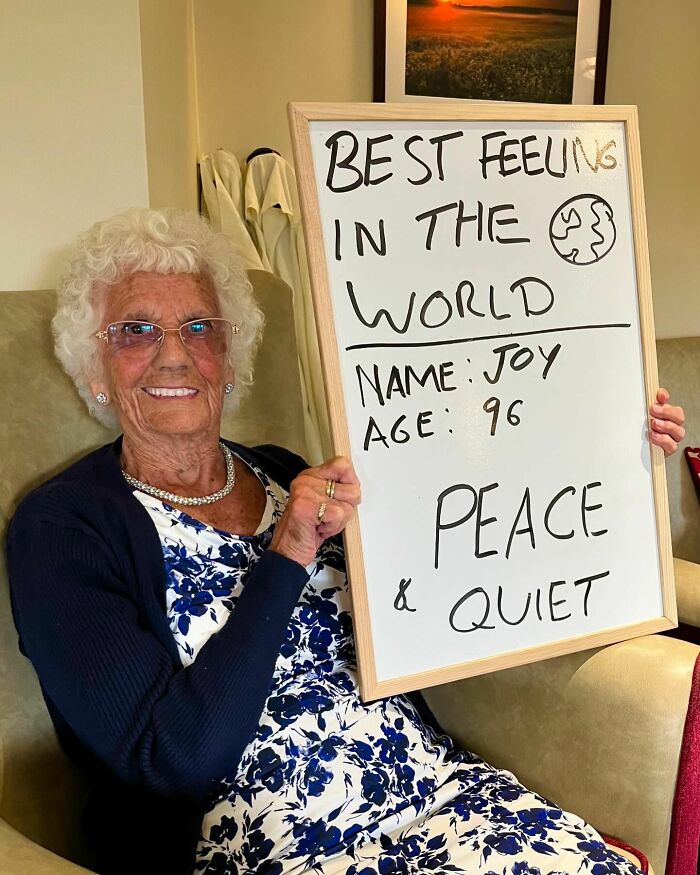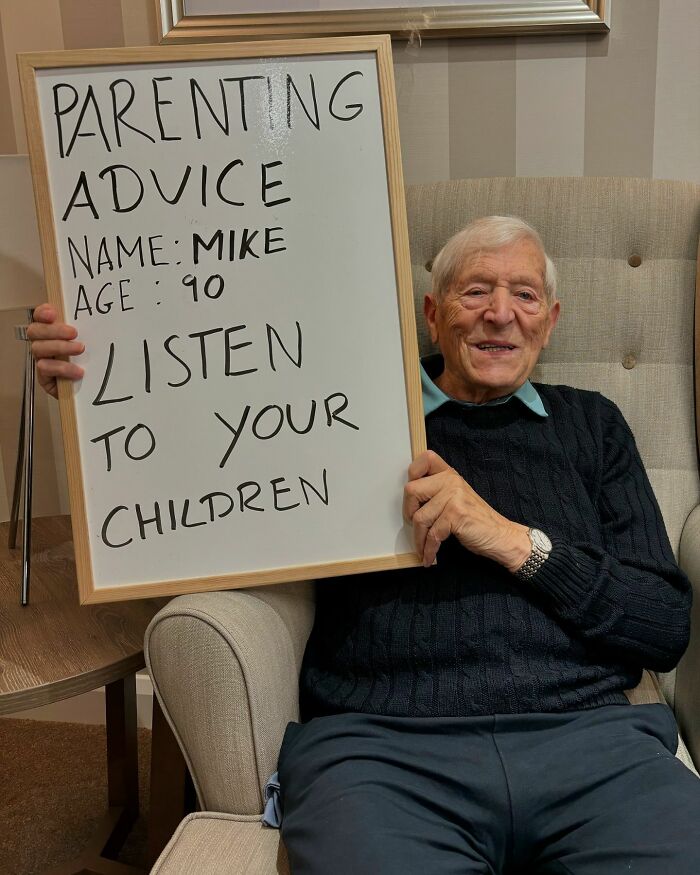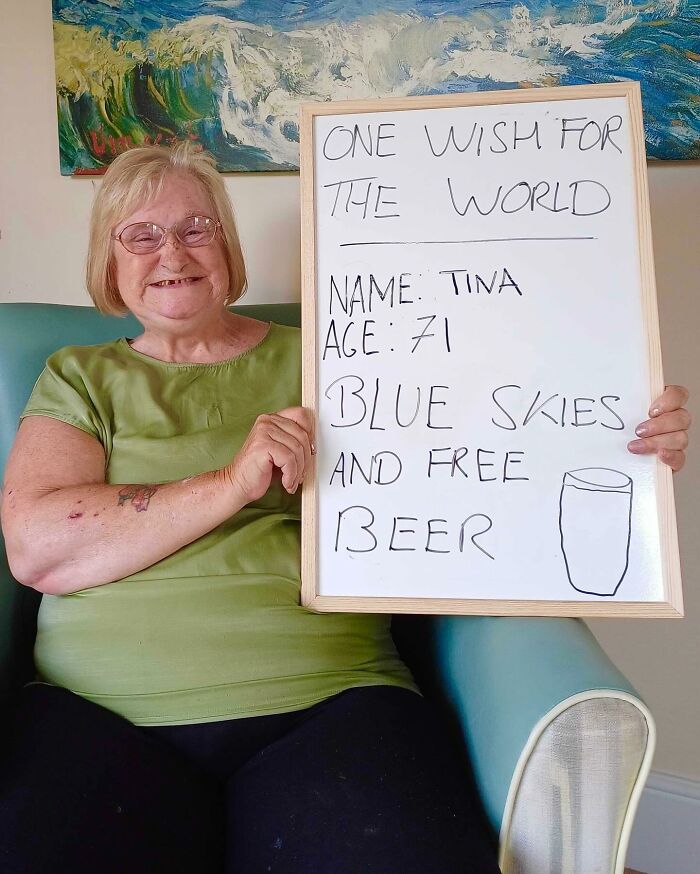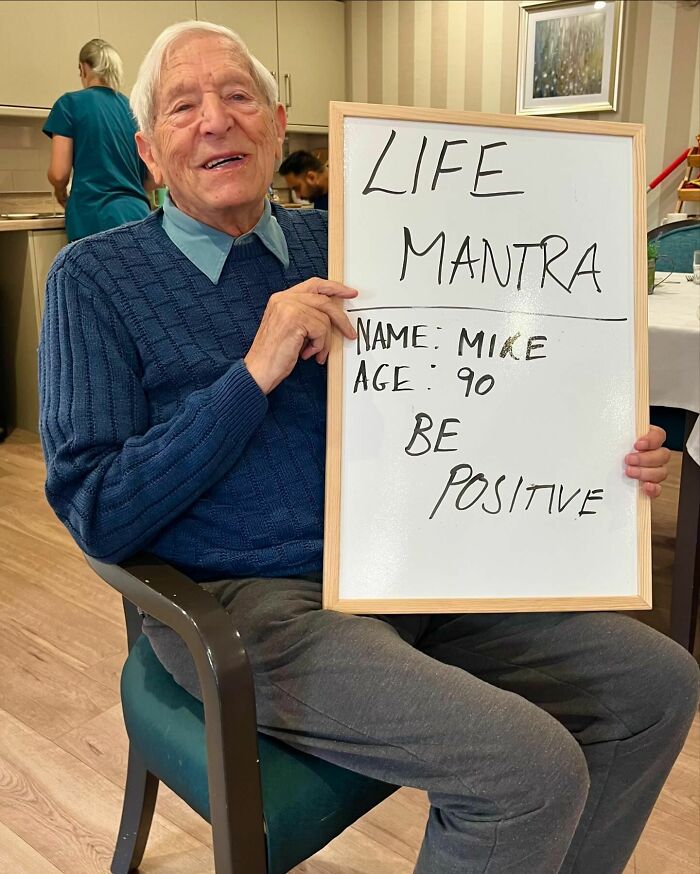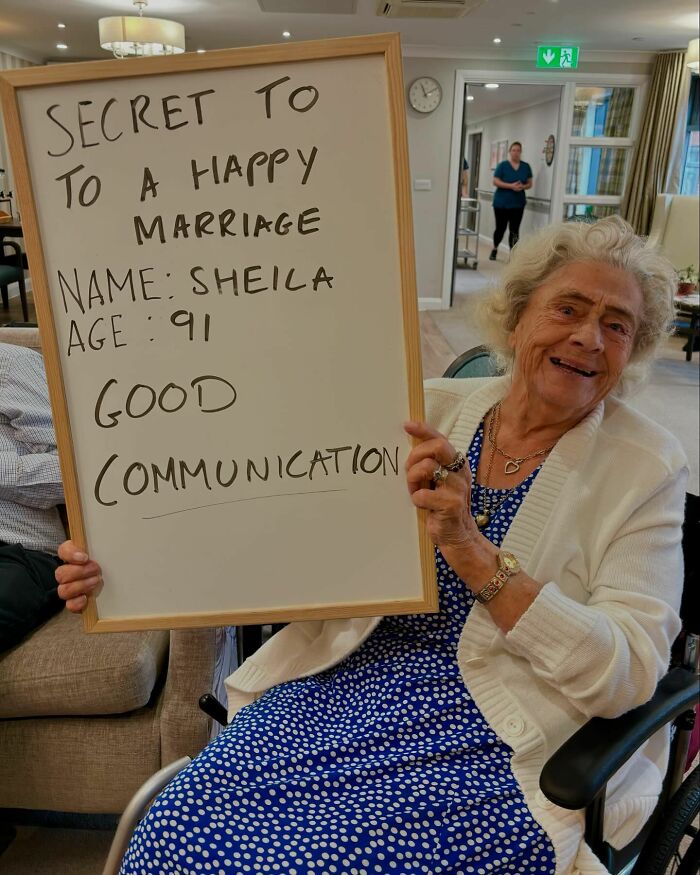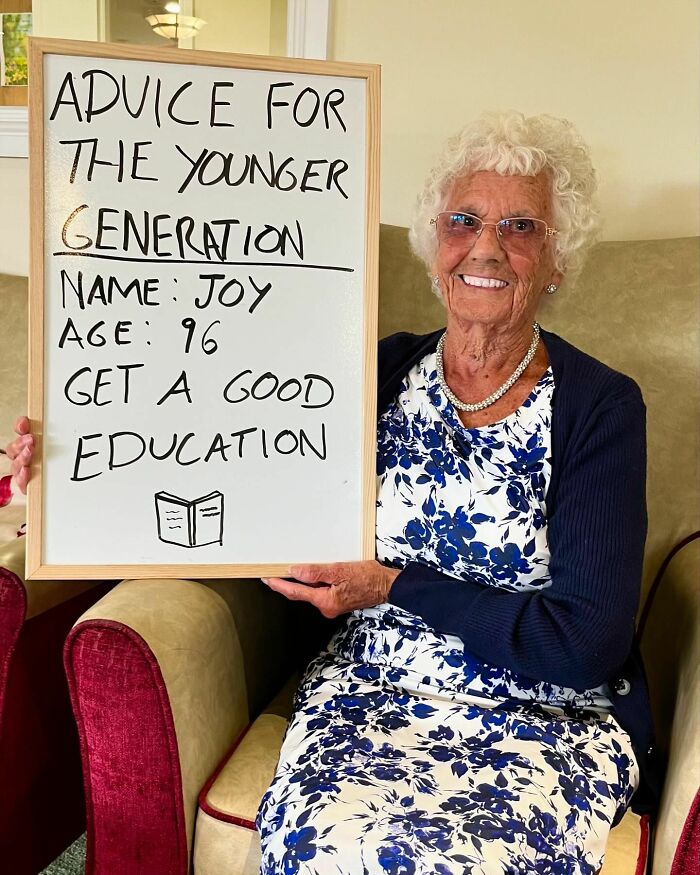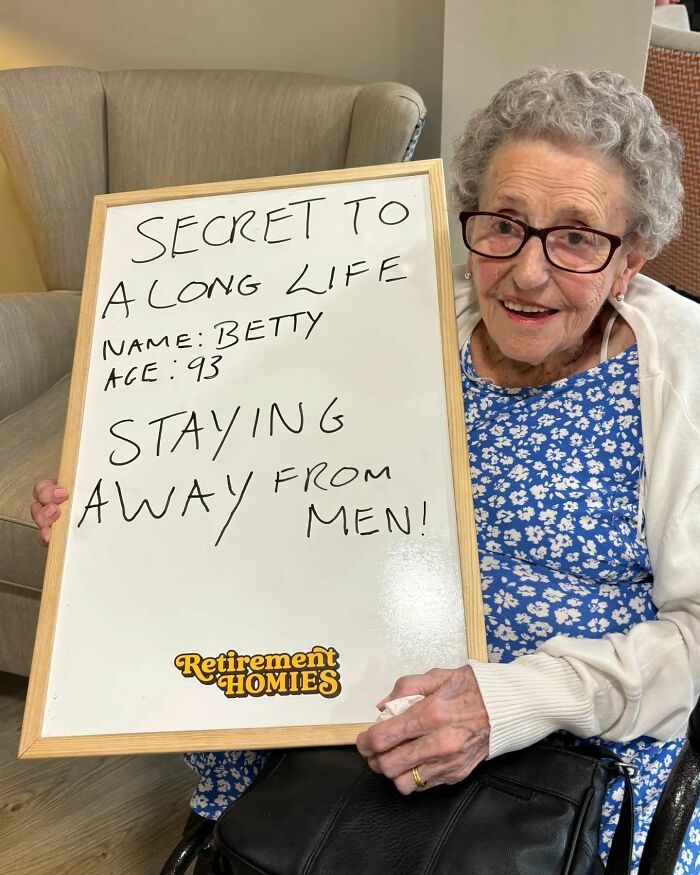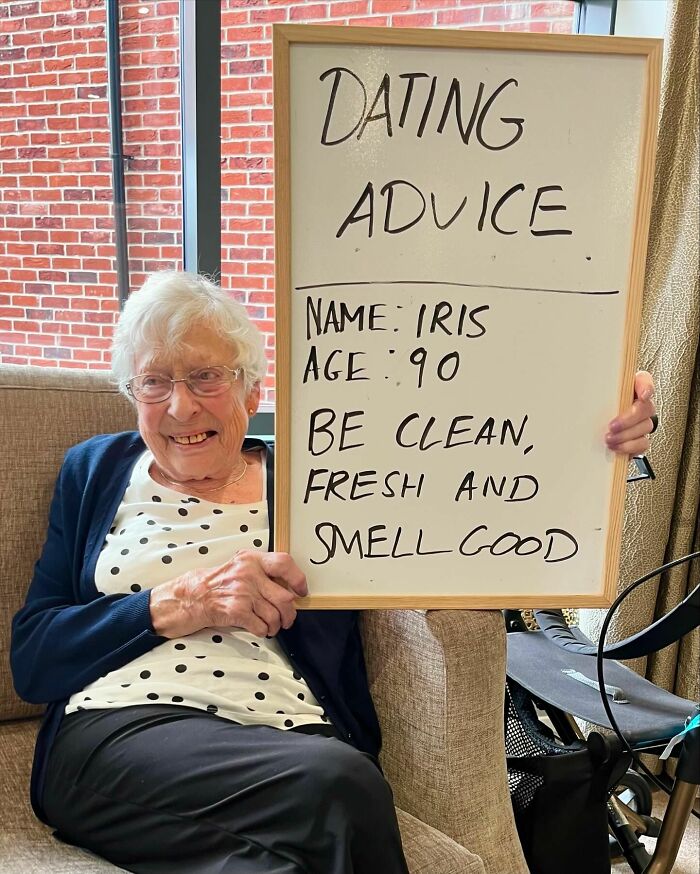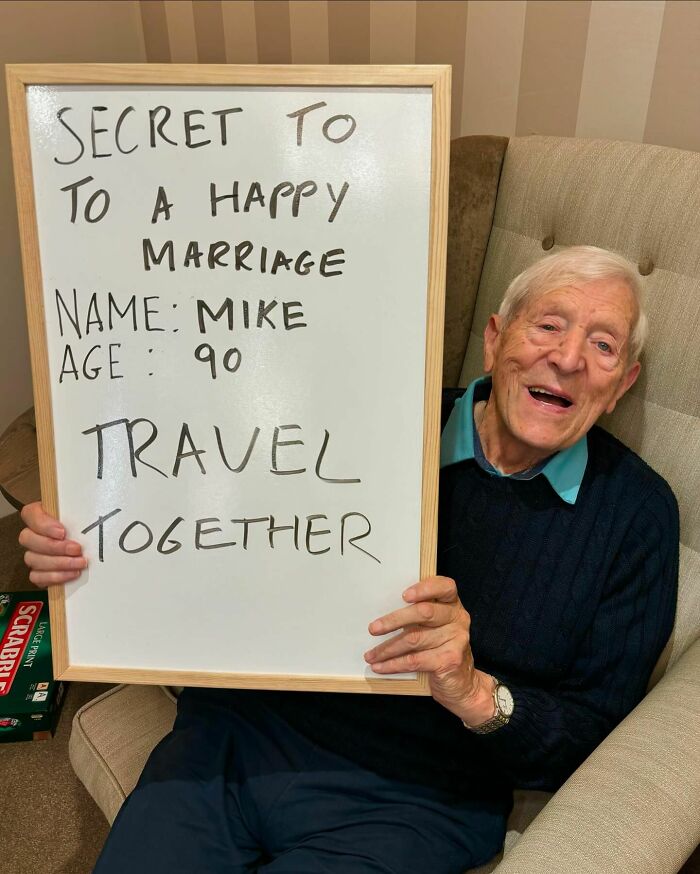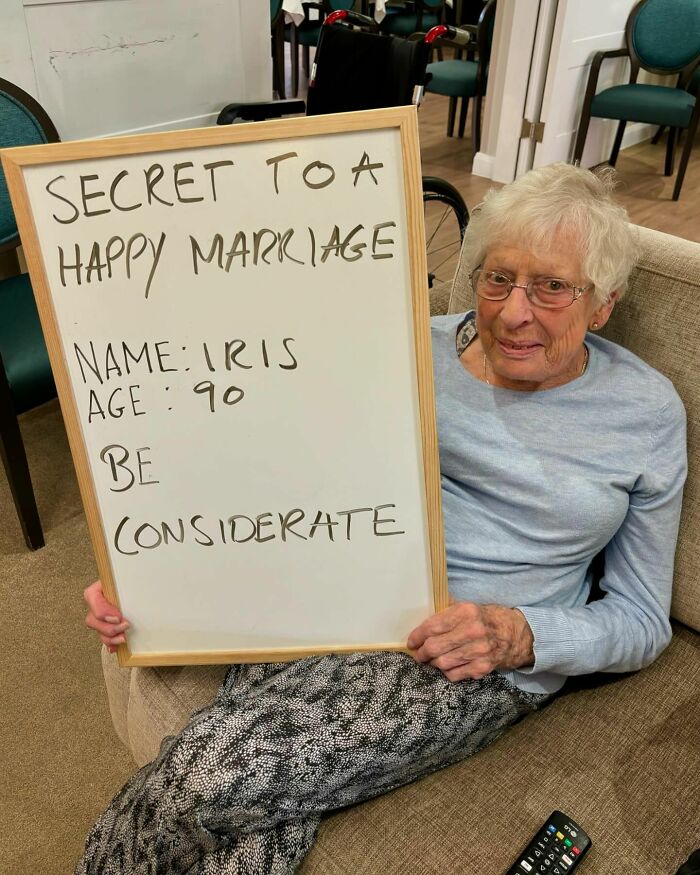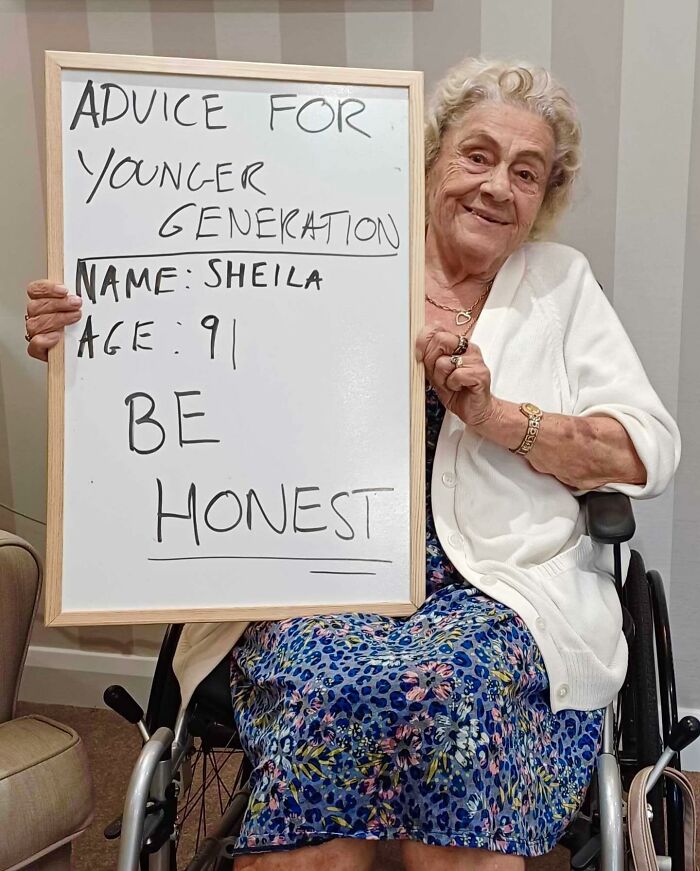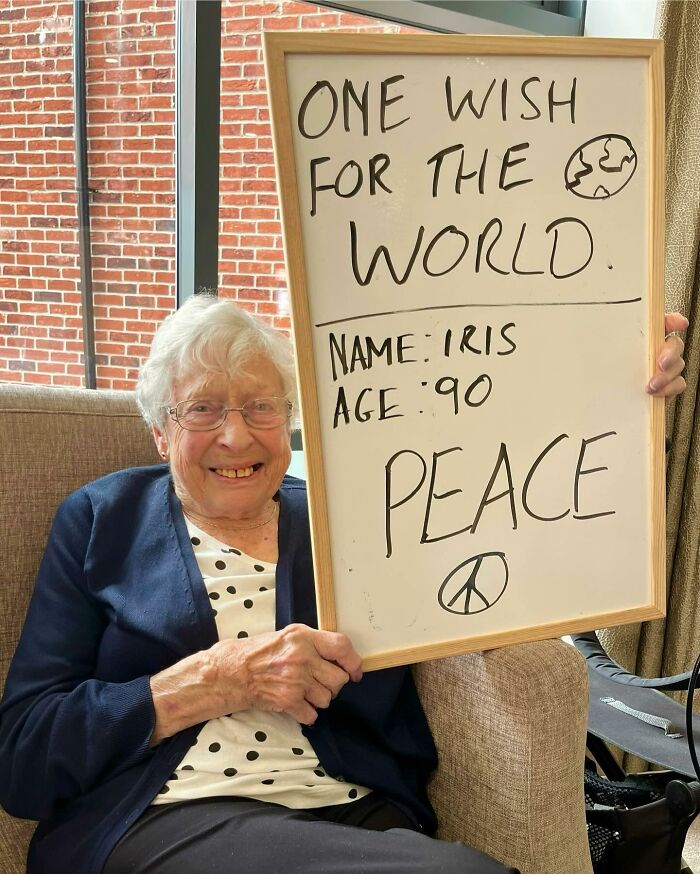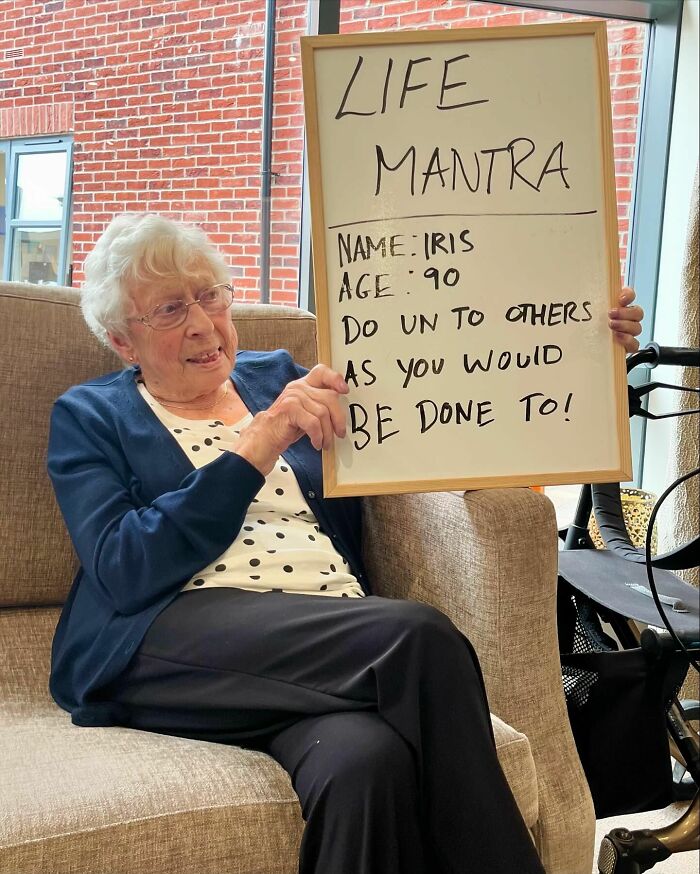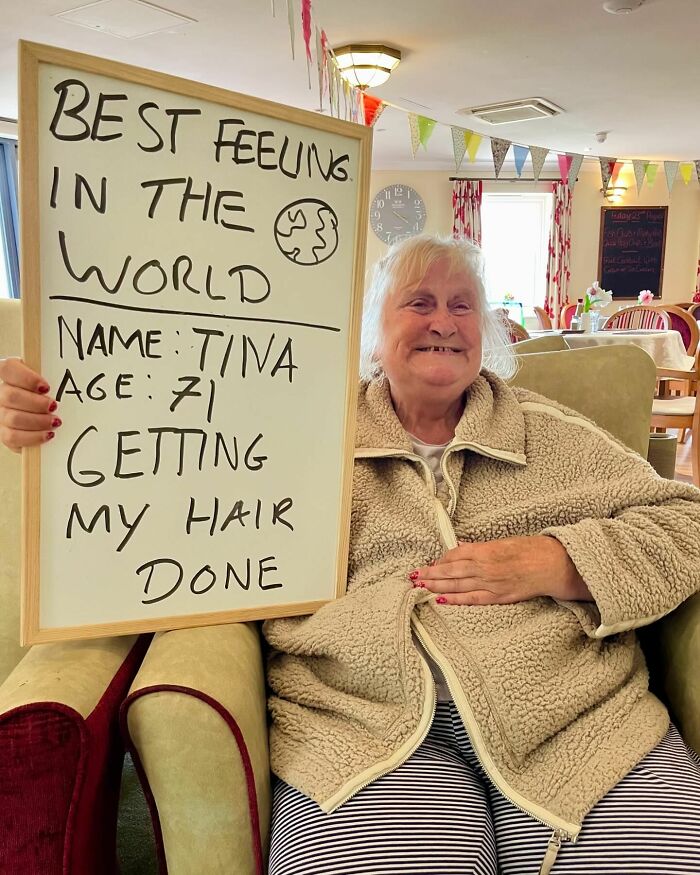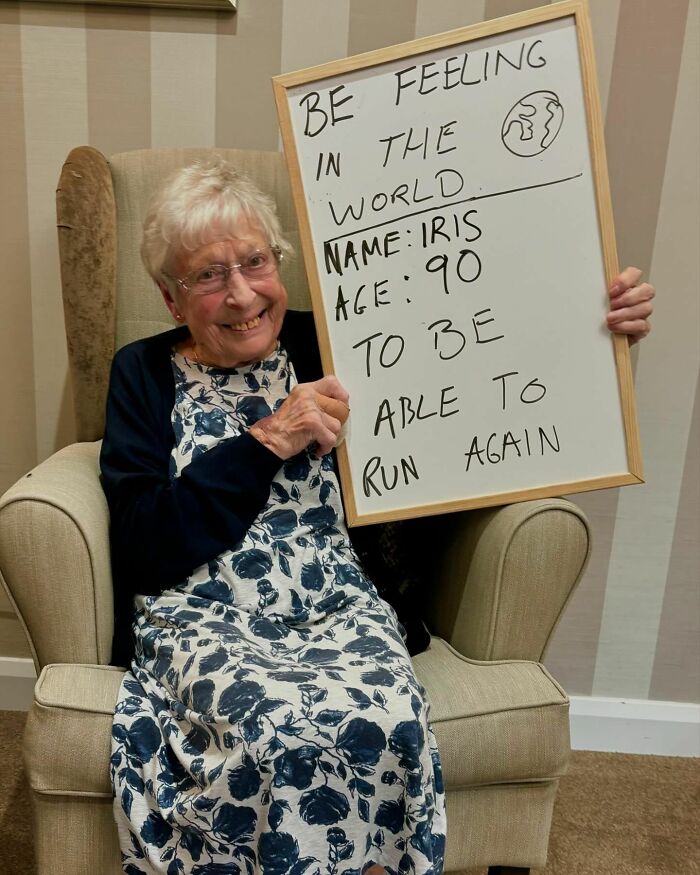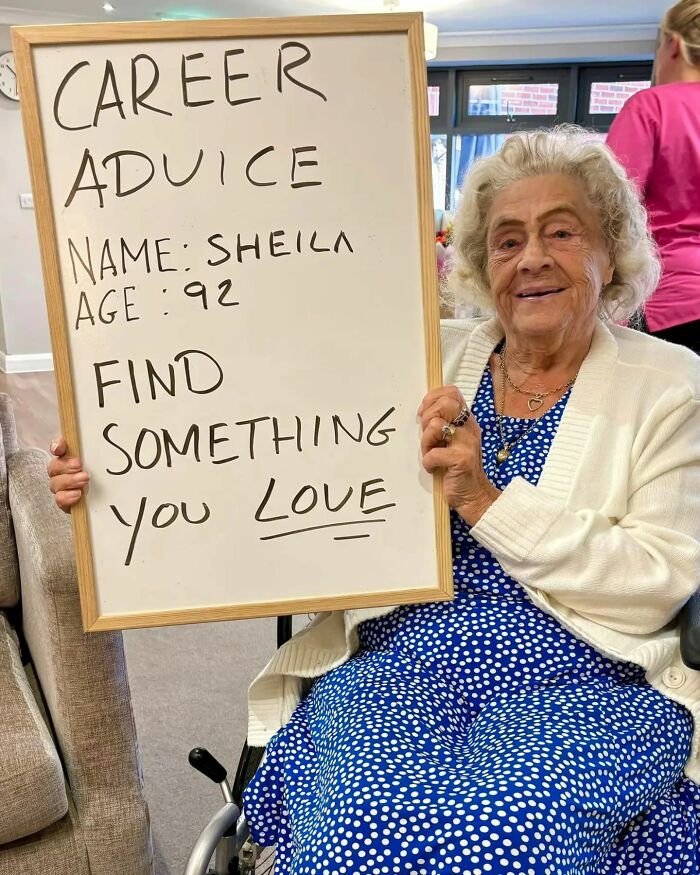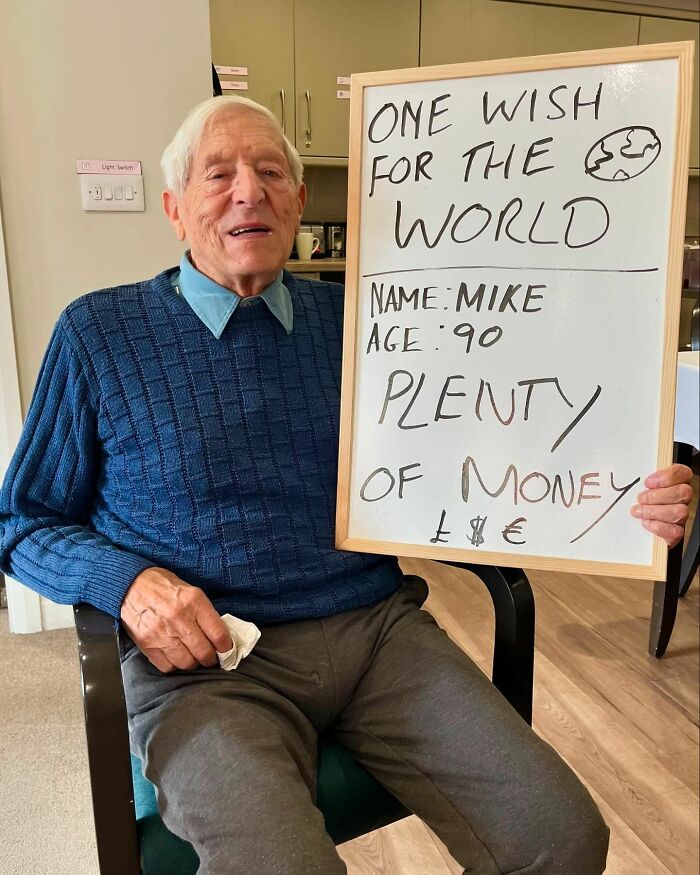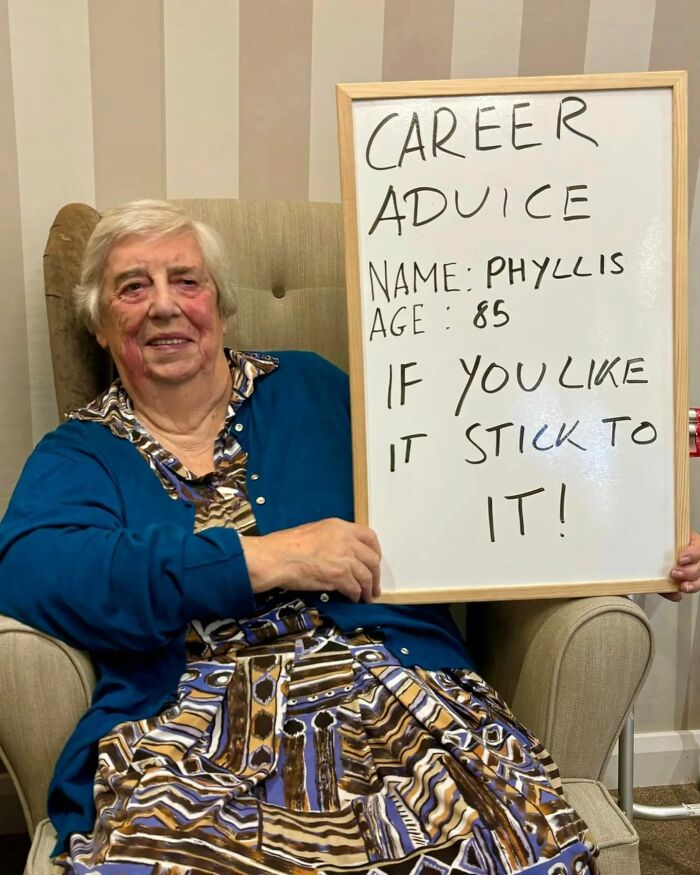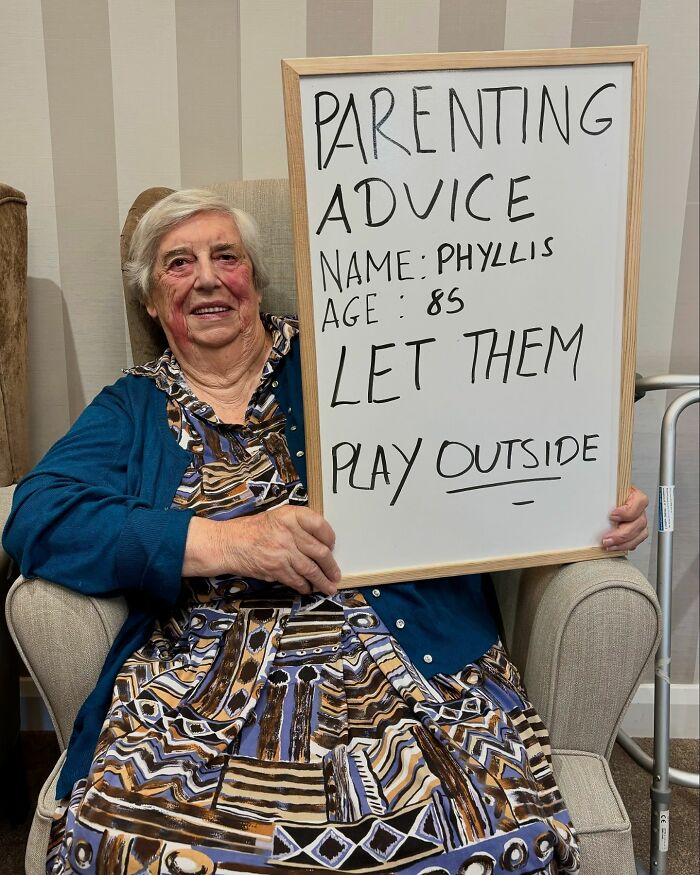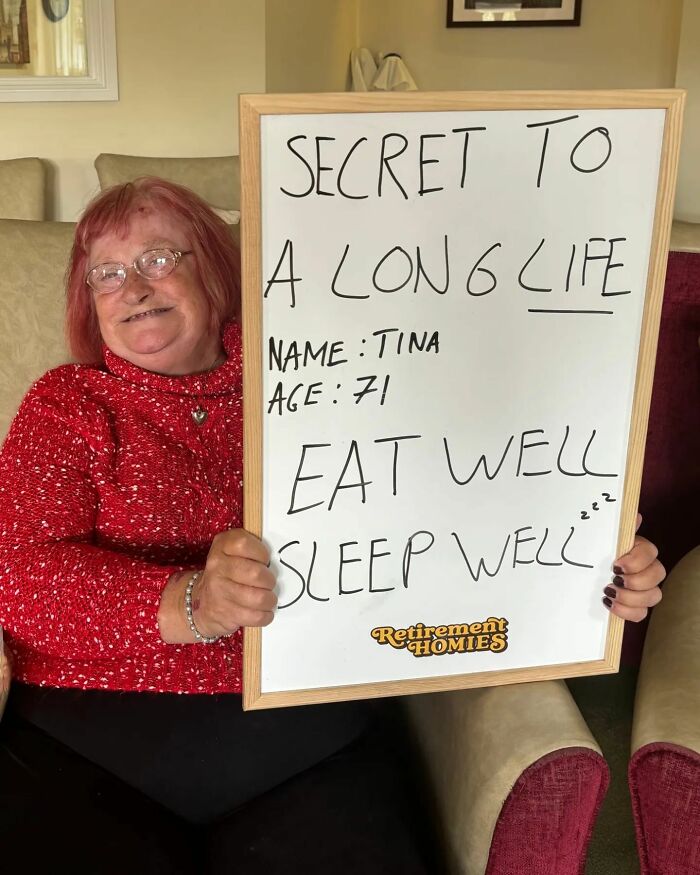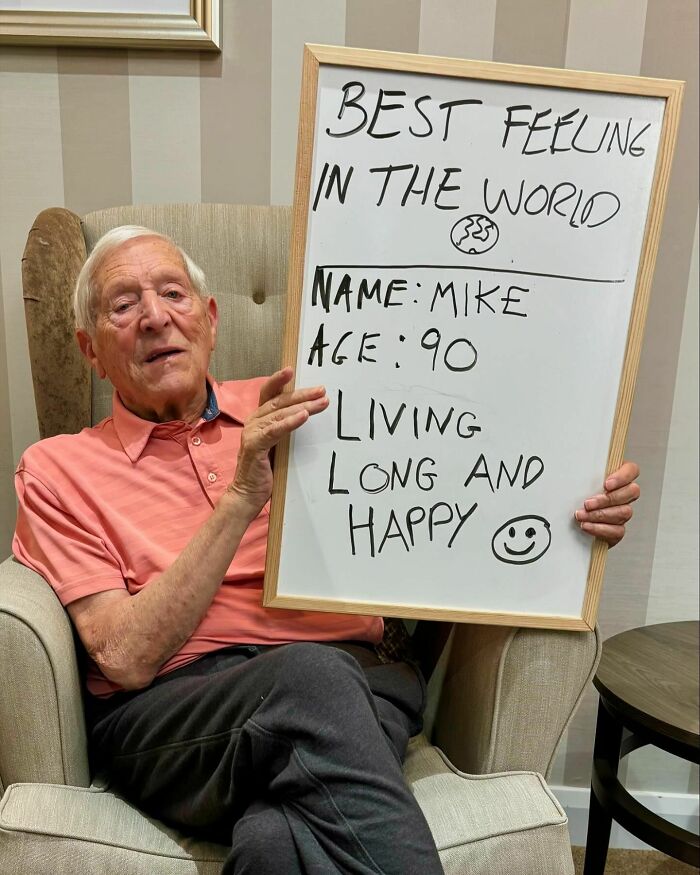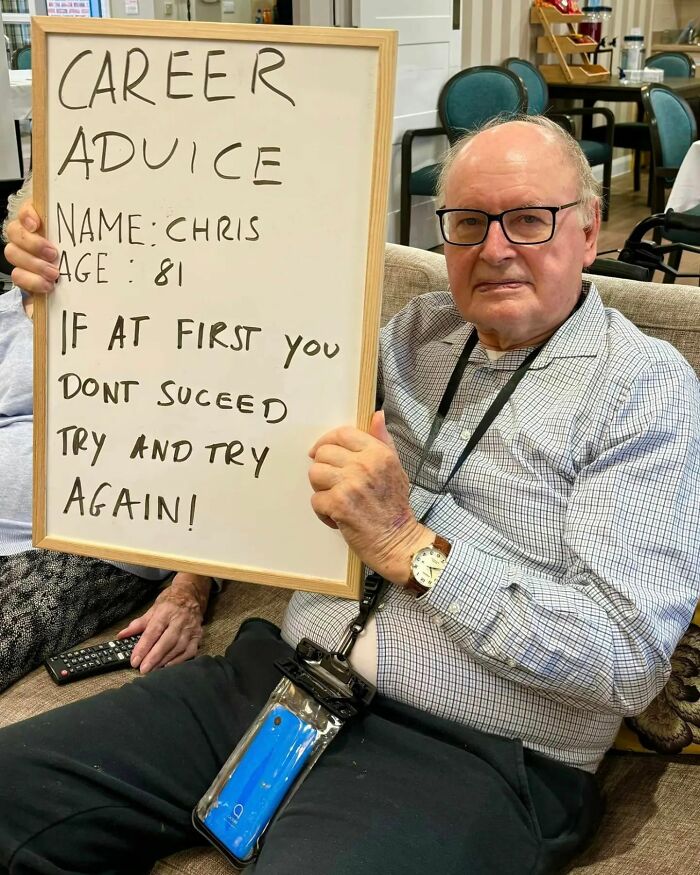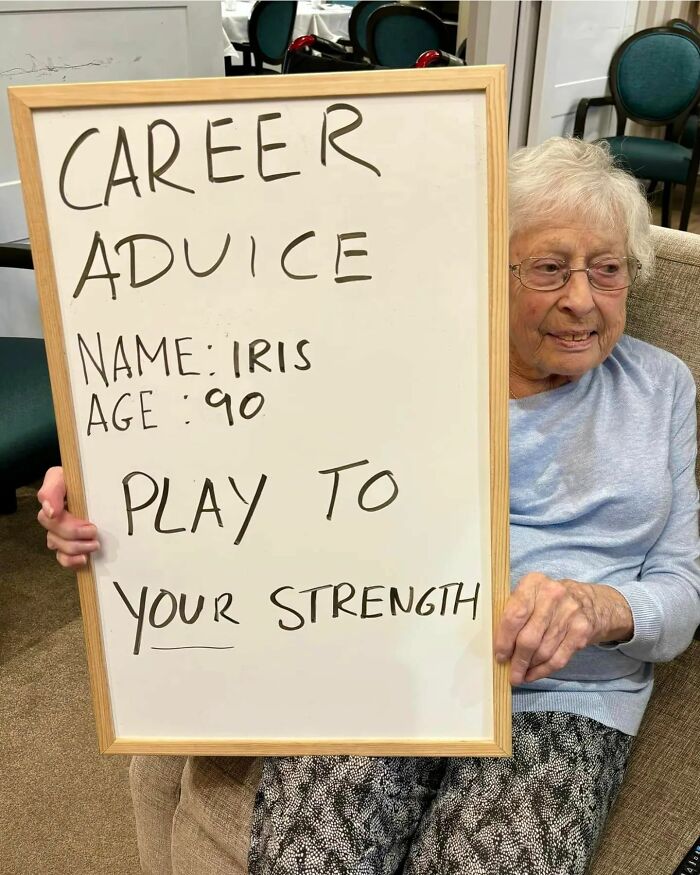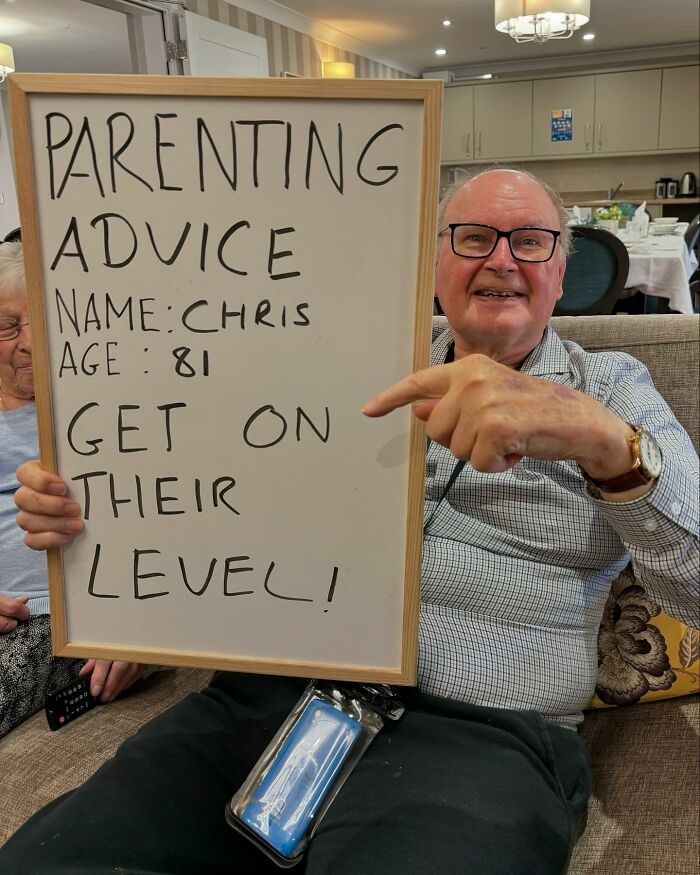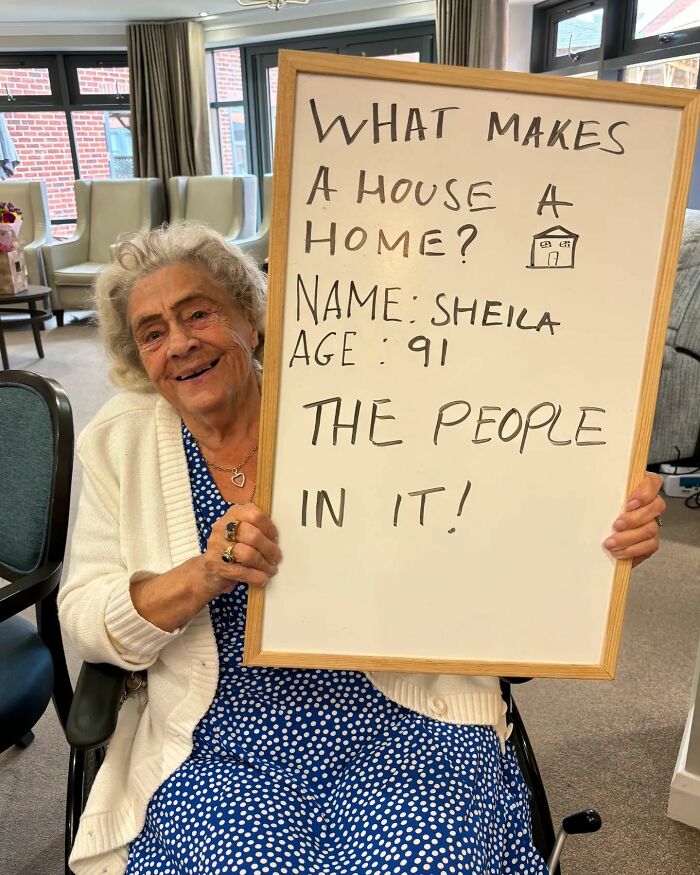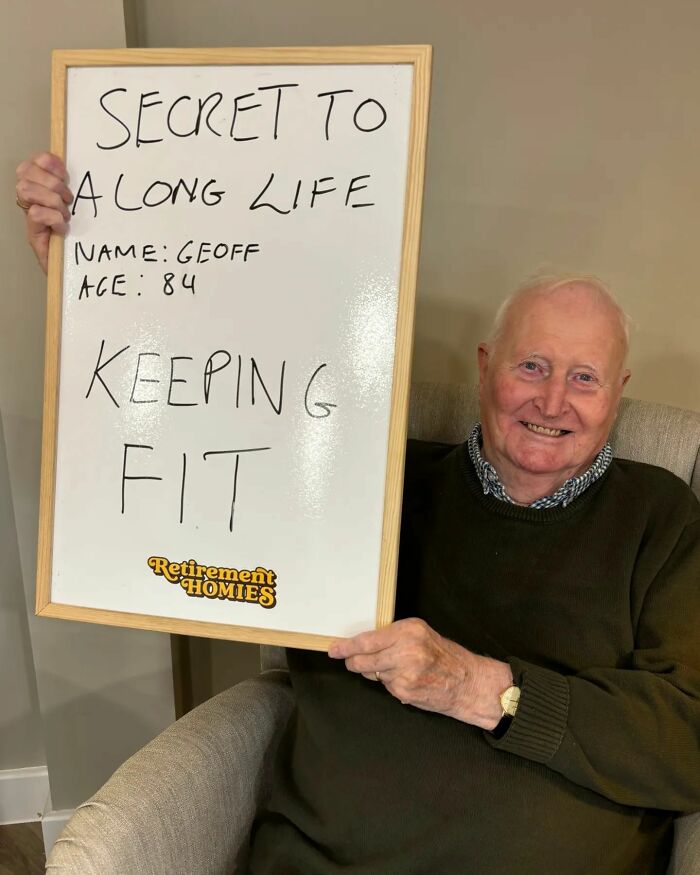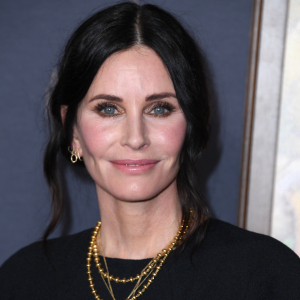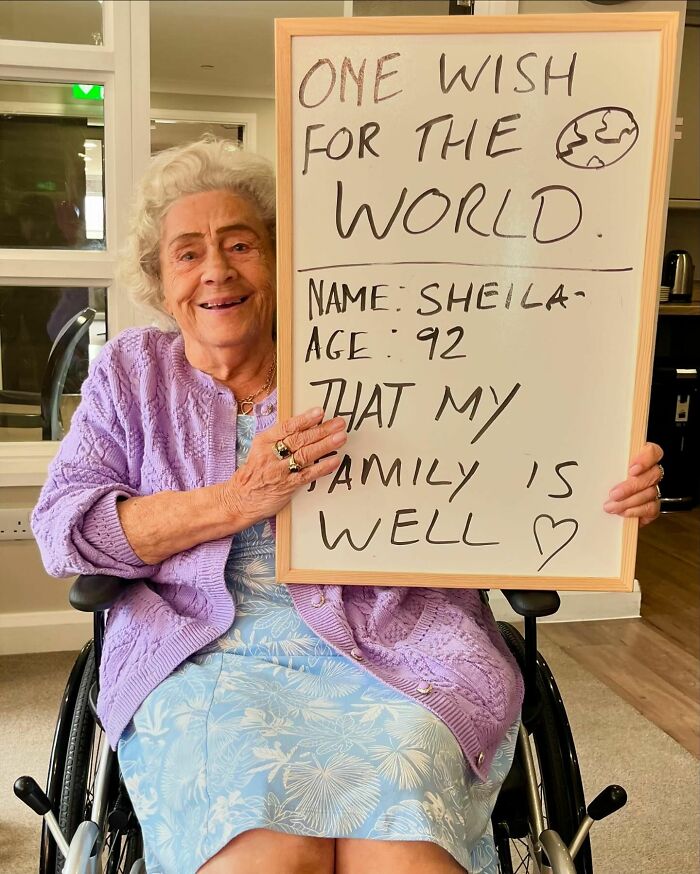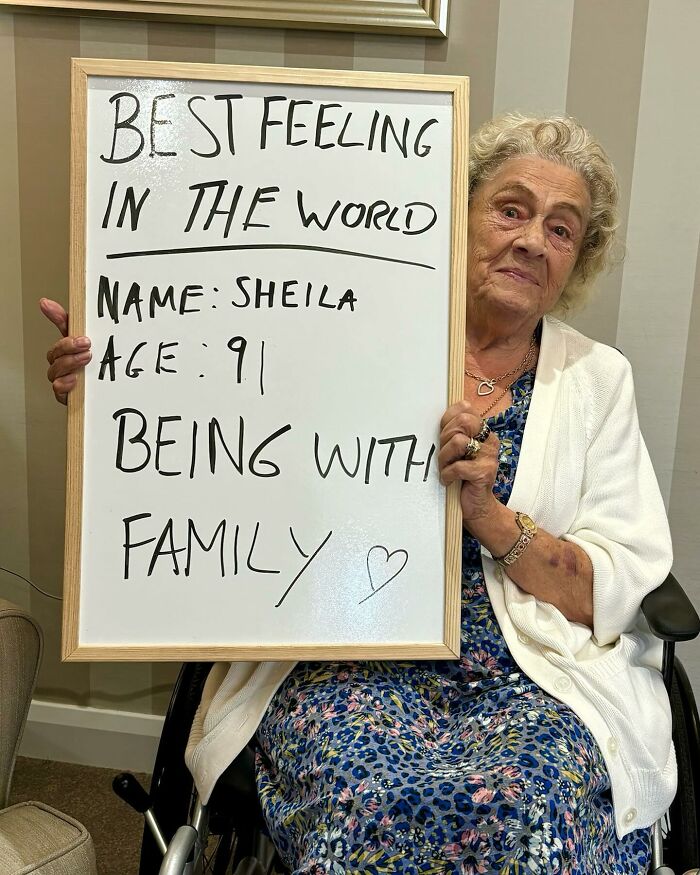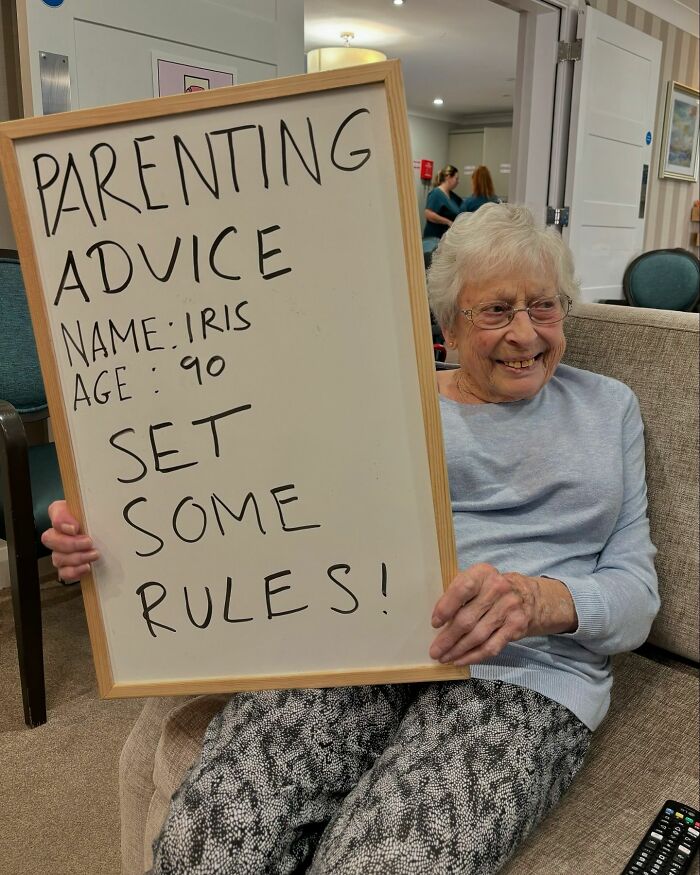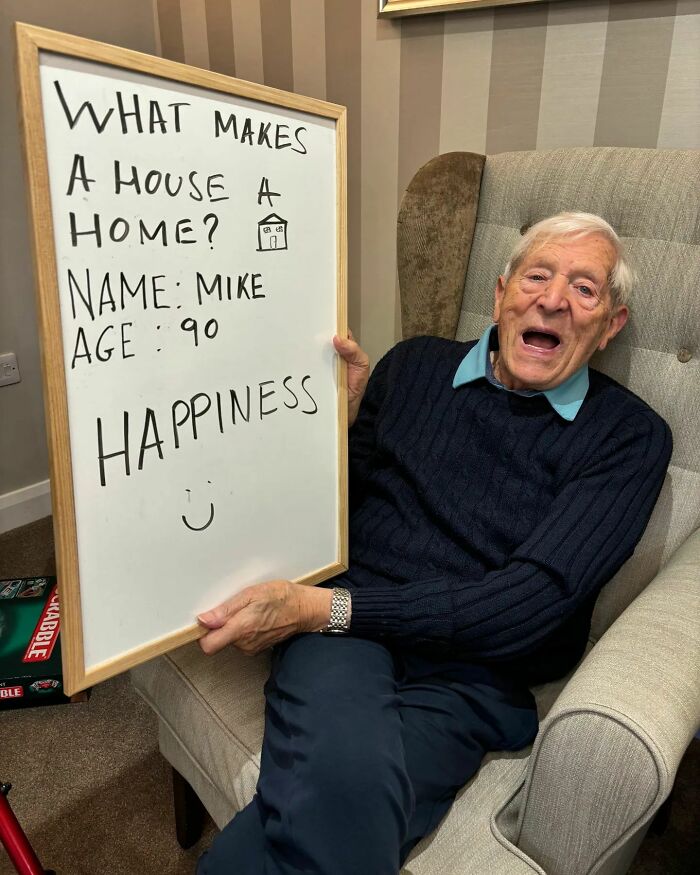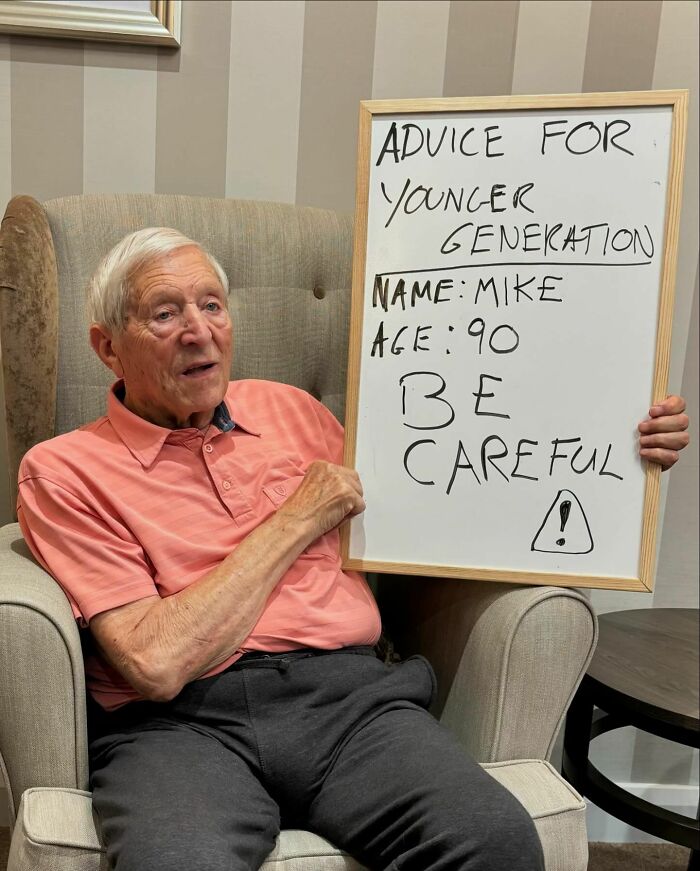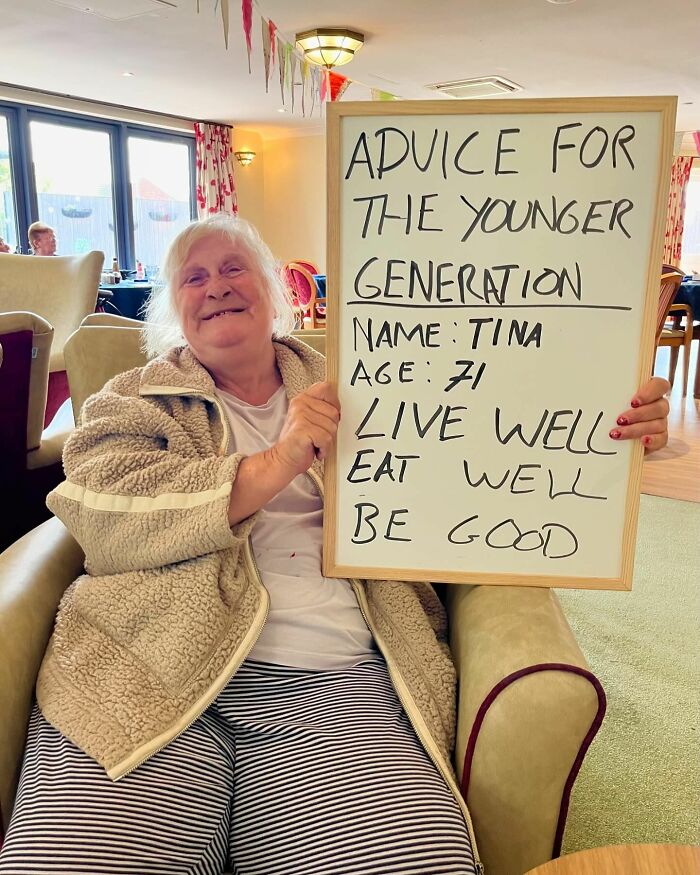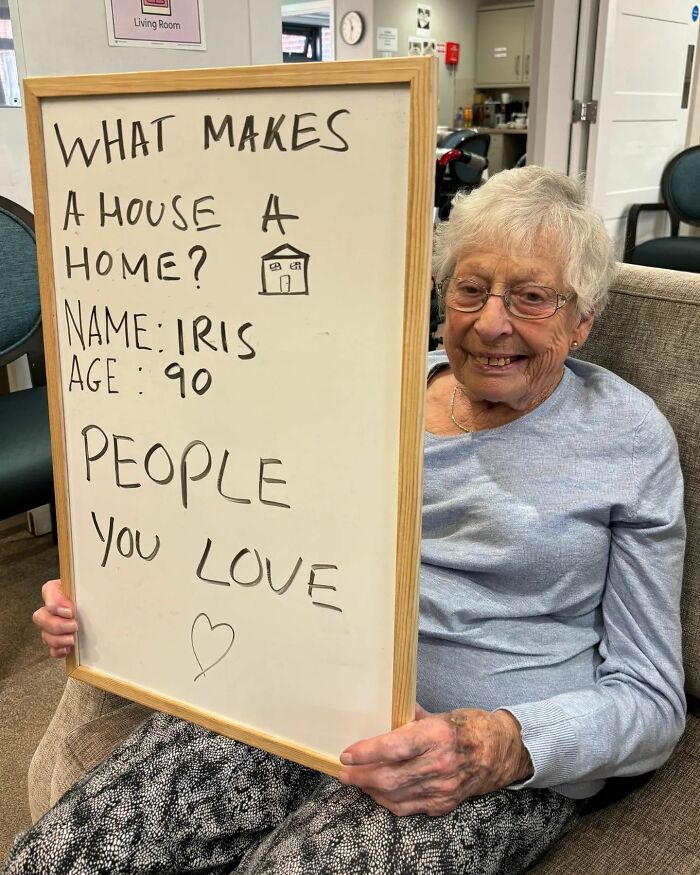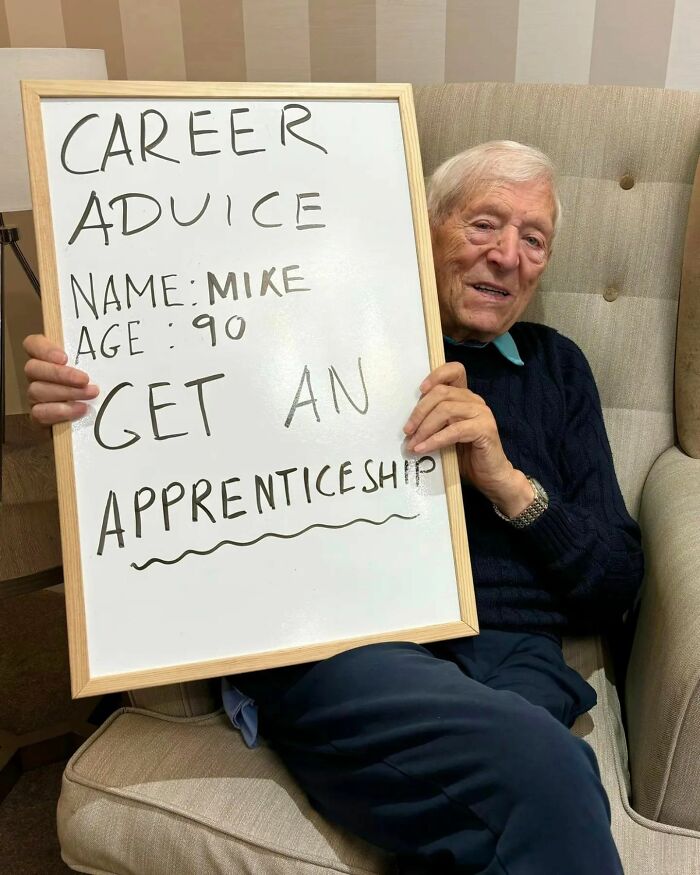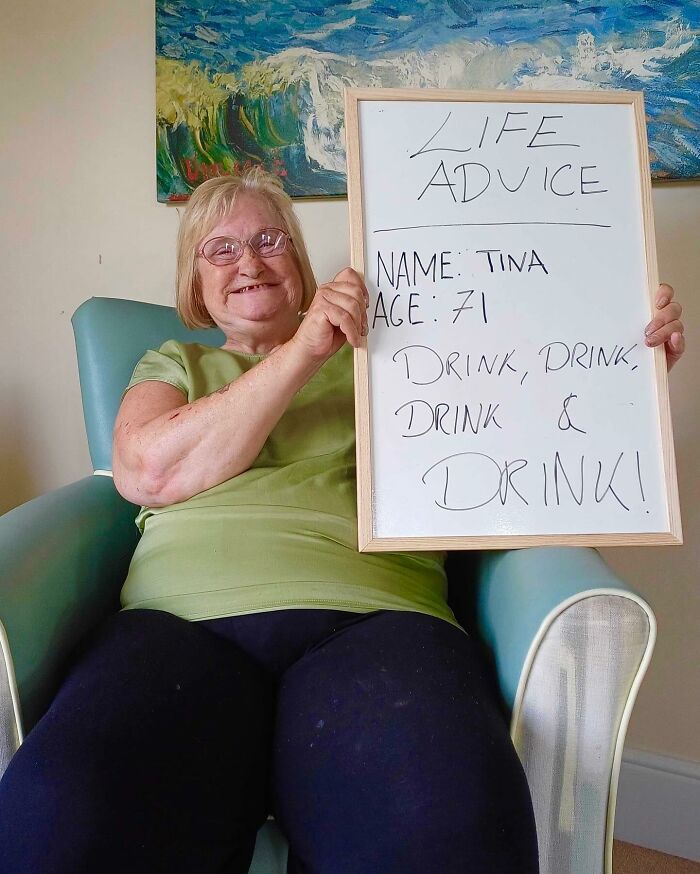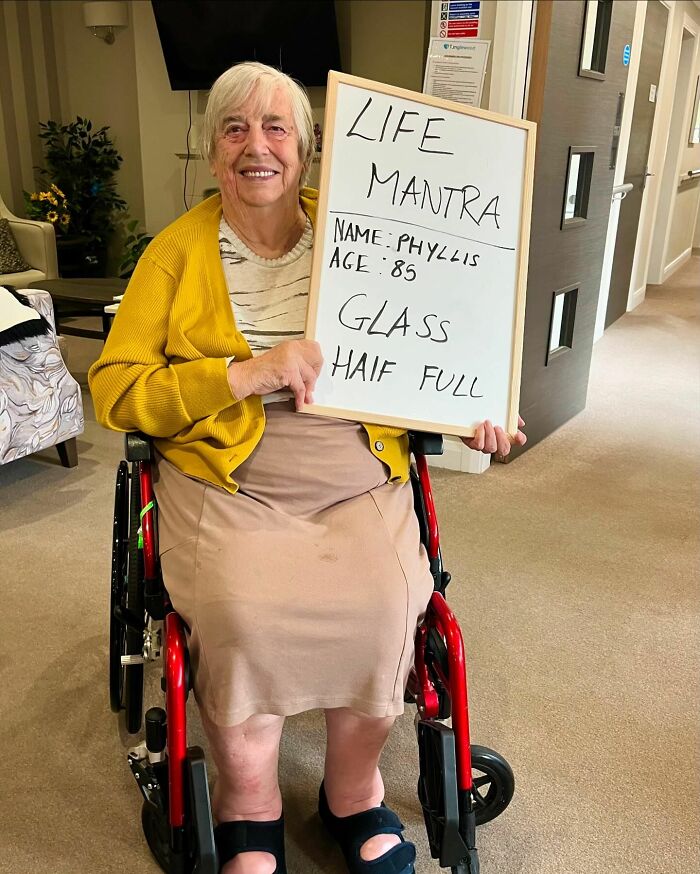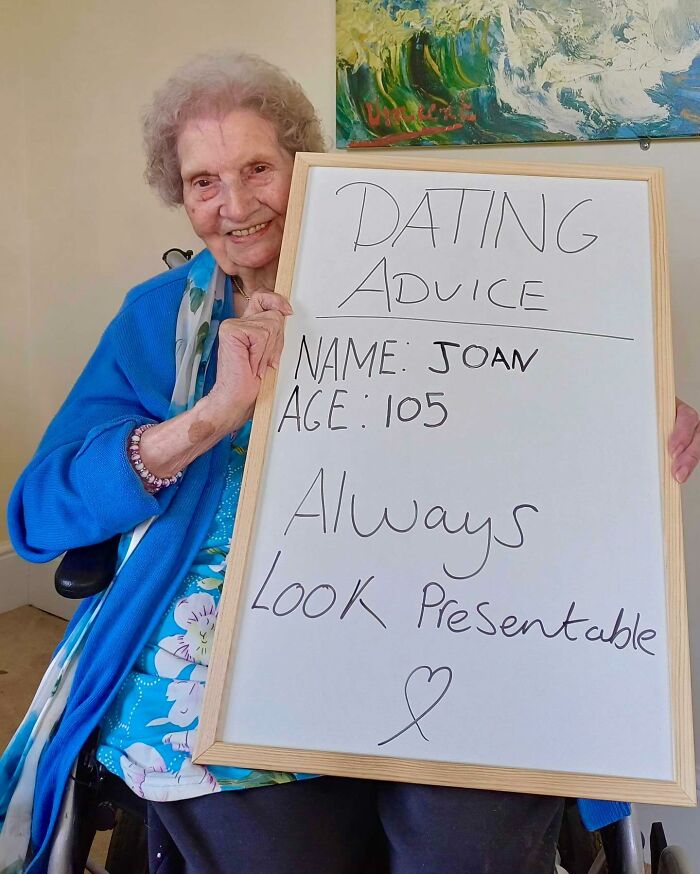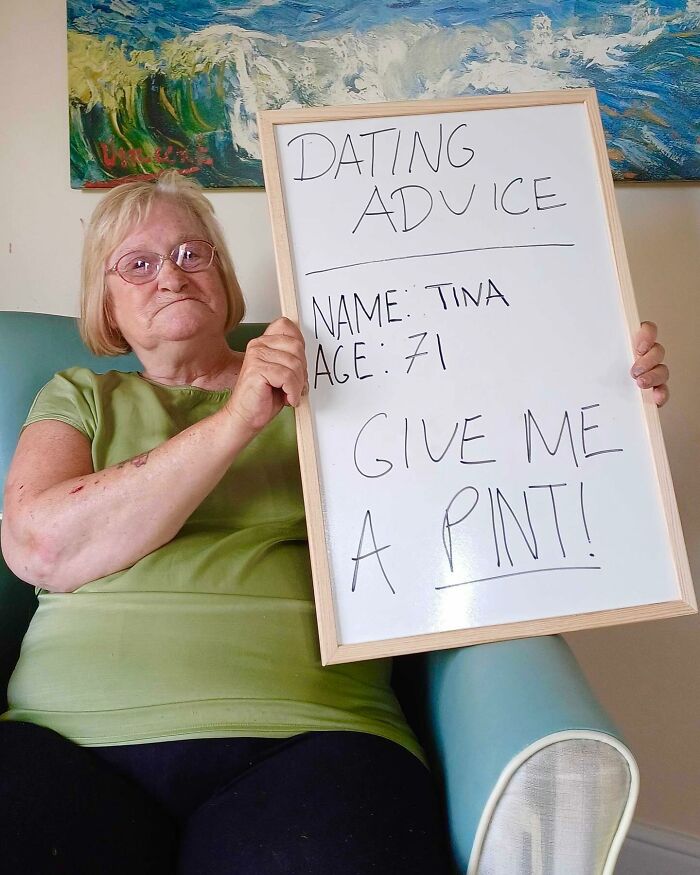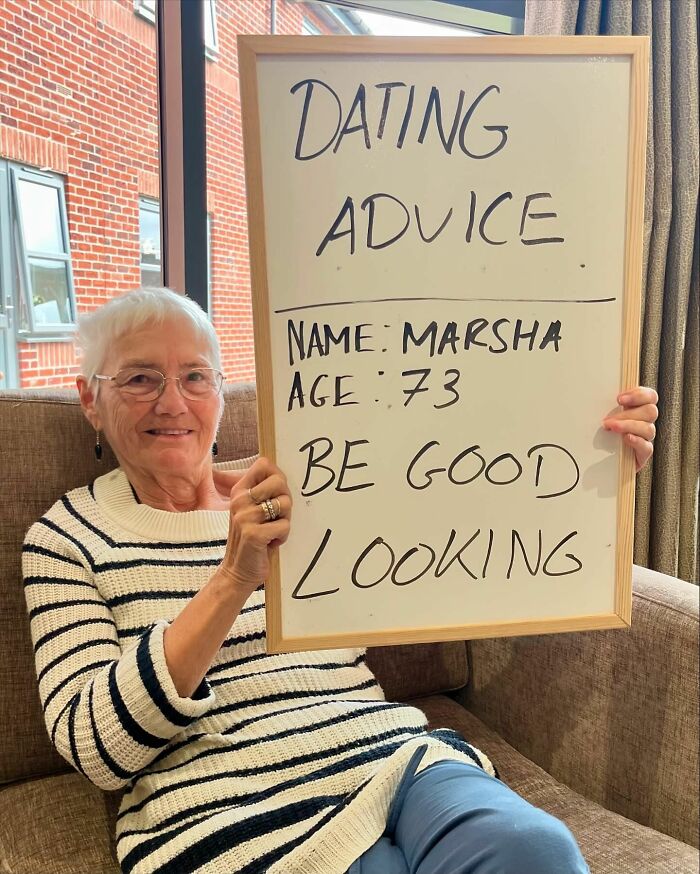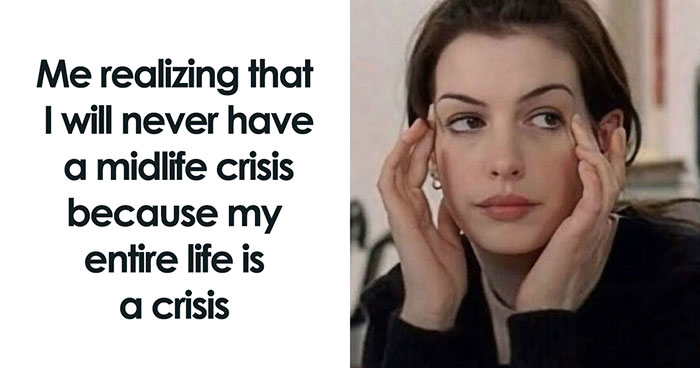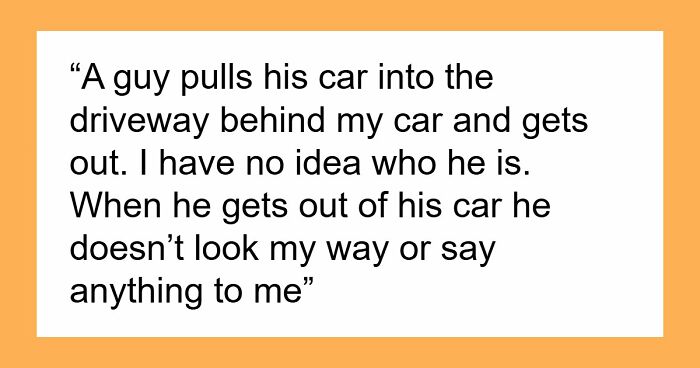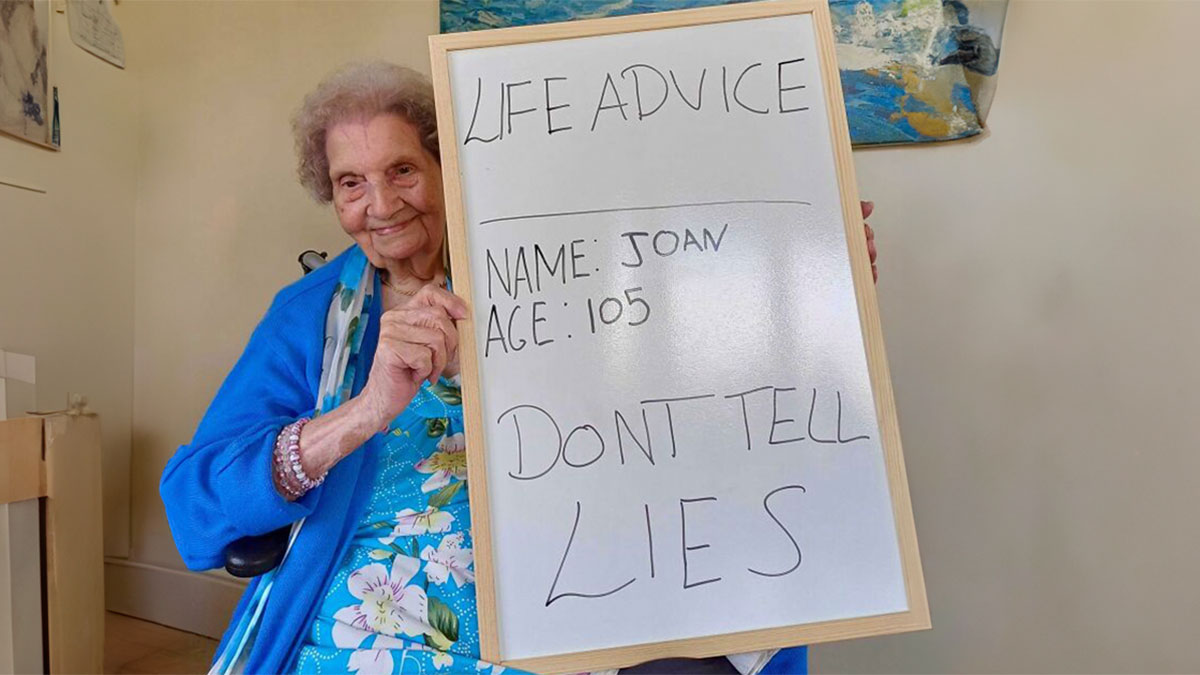
This Instagram Page Is Dedicated To Elders Doling Out Life Advice, And Here Are 30 Hard Truths
Interview With ExpertWe sometimes tend to forget older people, thinking they're not hip, cool, or relevant anymore. But, in reality, older folks are the ones who have been through and seen it all. Weathered by time and many invaluable experiences, they know about life much, much more than we do.
One account on Instagram is interviewing the folks who are rocking their golden years and sharing their nuggets of wisdom on the "Retirement Homies" page. Time definitely has not taken away the sense of humor and sharp wit from these groovy seniors!
Bored Panda spoke to Jacynth Bassett, Founder and CEO of Ageism Is Never In Style. She told us more about how great initiatives like Retirement Homies can be for the positive representation of older people and what's still missing from today's society in the attitudes toward older people. Read her expert insights below.
This post may include affiliate links.
It's not often we see older people represented positively on the Internet. "Retirement Homies" is one of the few social media projects that focuses on the experiences and positive representation of older people. We spoke about this issue with Jacynth Bassett, anti-ageist activist and Founder and CEO of Ageism Is Never In Style.
"Representation matters," she says. "It affects the way others see us and the way we see ourselves, and it fosters a sense of value and belonging within communities and society. We are all ageing, and we have an ageing population, and yet we continue to live in a youth-centric, ageist society which is largely fuelled by harmful stereotypes and outdated ageist ideas around older adults.
Bassett says that a whopping 6.3 million people name ageism as the cause of their depression. "So, age-positive representation is critical to transform these ageist, negative attitudes towards ageing – both within ourselves and externally. So much so that it's been found by that a positive attitude towards ageing can increase life expectancy by up to 7.5 years," Bassett explains.
Jacynth believes that social media can help change our outdated views about older people. "When used correctly, social media can play a really important and powerful role in connecting people, breaking down silos, and transforming ageist attitudes and narratives around ageing - held by those both young and old," she says.
"We internalise ageist stereotypes from as young as the age of 4, so, it's really important to offer representation and visibility for those who are older today, whilst also inspiring and uplifting younger generations to feel better about getting older and their futures," she continues. "As we say at "Ageism Is Never In Style," ageing is a privilege, not a punishment – not everyone is fortunate enough to grow old – so we need to change the narrative around ageing to reflect this."
While these types of representation matter, there are things that we should be cautious about. Bassett says that age-positive platforms must reflect how diverse and individual ageing is. "A lot of age-positive content right now is still very much through a particular lens – in particular white and privileged. And there are initiatives that might seem age-positive, but actually are somewhat patronising, stereotype, and present age through a youth-centric lens."
"So, it's really vital that those creating the content are educated on this, and don t treat older age as a monolithic experience and are truly age inclusive by both connecting with younger audiences, whilst equally reflecting and respecting the reality and experiences of those who are older," the anti-ageist activist explains.
Liking, stalking, breaking and entering. It's a fine line. At least that's what my parole officer says.
He's right ive been putting off getting rid of the body in my basement for wayyyyy to long
That should be the second amendment to the Constitution, right after "You have the right to remain silent".
Current statistics show that around 9.5 million seniors in the U.S. live in some kind of care facility. In 2023, the annual revenue for senior living was $94.2 billion, and experts predict that it will be growing in the coming years. Just in 2016, the annual revenue was $78.2 billion but investments in retirement housing are making it a growing industry.
However, only a very small percentage of people who are over 65 live in assisted care facilities – only 4.5%, which is about 1.5 million. So, the fear some of us might have of ending up in a retirement home near the end of our lives isn't that valid.
But people who are at the end of their lives actually report being very happy. Experts refer to this phenomenon as the U-curve of Happiness. Apparently, most people say they're the least happy in their middle age, and that's around the time they're 40. Margit Cox Henderson, Ph.D. explains that middle age can be stressful for many people. There are performance demands, caregiving stressors, and anxious comparisons with peers.
The older we get, the more we turn from social competition to social connection. "As the end of life nears, priorities shift towards savoring life, love, and this present moment together," Henderson writes. "This gratitude for what matters most is easier to experience when life’s fleeting nature is salient."
So, people actually don't get sad or depressed because they're old. That might come from how others treat them. "It is not the passage of time that makes getting older so much harder than it has to be. It is ageism," writer and activist Ashton Applewhite claimed in her TED talk titled "Let's End Ageism."
Absolutely! Make sure the other person got your message. Get feedback. Use proper grammar.
Well-educated people are harder to fool, so they are the bane of con artists and Republicans.
We often think of elders as more experienced and wiser, and almost expect life advice from them. But is that always true? Dr. Ursula Staudinger, director of the Columbia Aging Center, says there are two types of wisdom: general and personal. General is where you might be wise enough to give good advice to others. Personal wisdom is the ability to reflect on your own experiences, failures, and wins.
Chris (81) said to "Have your own lives". So travel together, just not to the same country?
Staudinger claims that older people can have more general wisdom but that younger people are more personally wise. She says that as we enter our twilight years, we try to rationalize and come to terms with the good and the bad choices that we've made. This positive type of thinking affects one's objectivity, making older people less wise about their personal lives.
Politeness rocks! I appreciate others who are polite, and I endeavor to be polite to others.
Sheila lost a year there, sneaky lady ;) she was 92 in the others
However, there's some real truth in the saying that we should listen to our elders. In 2011, researchers from the University of Texas and Texas A&M University found that older people make decisions that are more likely to be rewarding to them in the long term. In some cases, the participants would take longer to make the decision than their younger counterparts, yet they chose options which gave them long-term benefits.
Yes, yes... Karma! When very religious people judge me for not being religious and ask me "why am I not afraid of what will happen to me when I'm dead?" I tell them all the same thing every time: "I am more afraid of what's going to happen to me while I'm here, rather than while I'm decomposing in the ground." Karma. That's what I believe in.
i had a stroke last year, and i feel this. I wish she would have gotten her wish, i did.
One of the study authors, professor pf psychology Todd Maddox explained: "'Broadly, these results suggest that younger adults may behave more impulsively, favouring immediate gains, while older adults are better at considering the long-term ramifications of their actions."
There is! There’s just some people who are hoarding it all and not sharing :(
So, what do you think about the advice these Retirement Homies doled out here? Whose advice did you like the best? Let us know by upvoting your favorites and commenting below. Also, share the best piece of advice you've ever received from another older Panda. Maybe it'll resonate with someone else too!
And to the grown-ups: Make sure there are natural outdoor spaces for kids to play in!
If at first you don’t succeed, find out why. Then try again
For pets too. And people who have to be seated (mobility issues) Always get on their level. It's amazing how your perspective changes
That's the lady who wanted free beer earlier! Someone bring her out for a pint!! She looks fun!!
Oh this poor lady....every answer says "hey, bring me a beer"!! I hope someone did!

 Dark Mode
Dark Mode 

 No fees, cancel anytime
No fees, cancel anytime 


